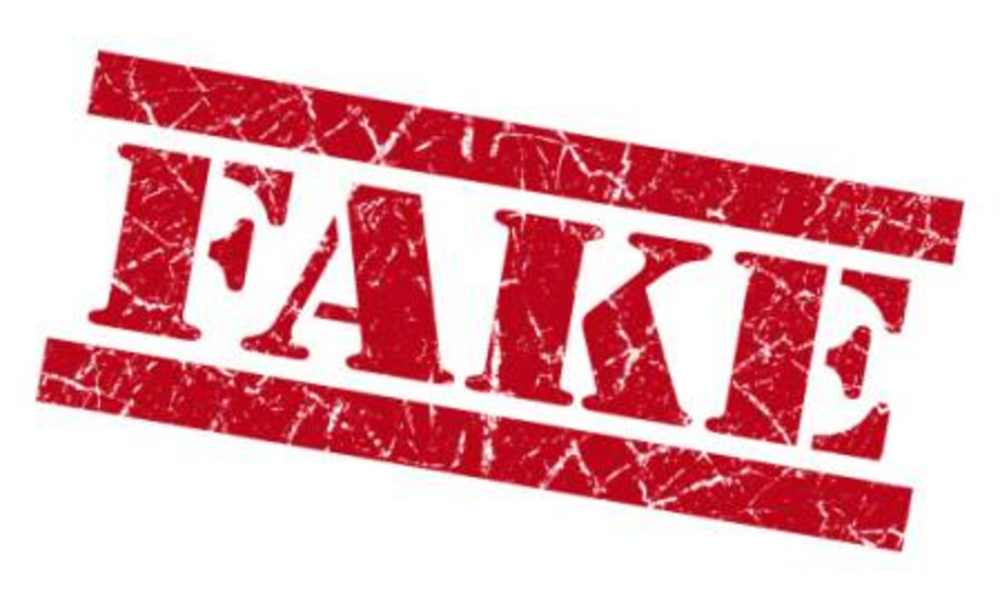Spam and fake profiles have been a problem on social media for as long as social media has been around. Although Facebook, Twitter and most recently Instagram have been vigilant about purging “bots” or artificial profiles run by computer programs, they keep popping back up.
Now, as Nick Bilton reports in The New York Times, the bots are getting more sophisticated, resembling real humans and getting harder to stamp out. There’s a thriving business of companies who specialize in generating fake likes and followers for anyone who wants to look more popular than they really are on social media. And the fake follower business is thriving.
Today’s bots, reports Bilton, are even harder to identify because they mimic the actions of real humans so closely:
…Today’s bots, to better camouflage their identity, have real-sounding names. They keep human hours, stopping activity during the middle of the night and picking up again in the morning. They share photos, laugh out loud — LOL! — and even engage in conversations with each other. And there are millions of them.
These imaginary citizens of the Internet have surprising power, making celebrities, wannabe celebrities and companies seem more popular than they really are, swaying public opinion about culture and products and, in some instances, influencing political agendas…
And it’s not just to win popularity contests. Bots can be used to spread political propaganda, jam up servers and spread confusion in places of conflict.
Over the years in Syria, a number of bot groups have cursed, browbeaten and threatened anyone tweeting favorably about protests or opposition leaders.
In Turkey, where Twitter was briefly banned not long ago, an investigation found that every political party was controlling bots that were trying to force topics to become trends on social sites that favored one political ideal over another. The bots would also use a political group’s slogan as a hashtag, with the intent of fooling people into believing it was more popular than it really was.
For its part, Facebook says it has been addressing the bot problem, and doing everything it can to make sure advertisers get genuine followers when they pay for them. But as platforms come up with better bot filters, it leads to the creation of better bots, which might look good as an inflated follower count, but ultimately do nothing beneficial for advertisers and the platform they’re on.






